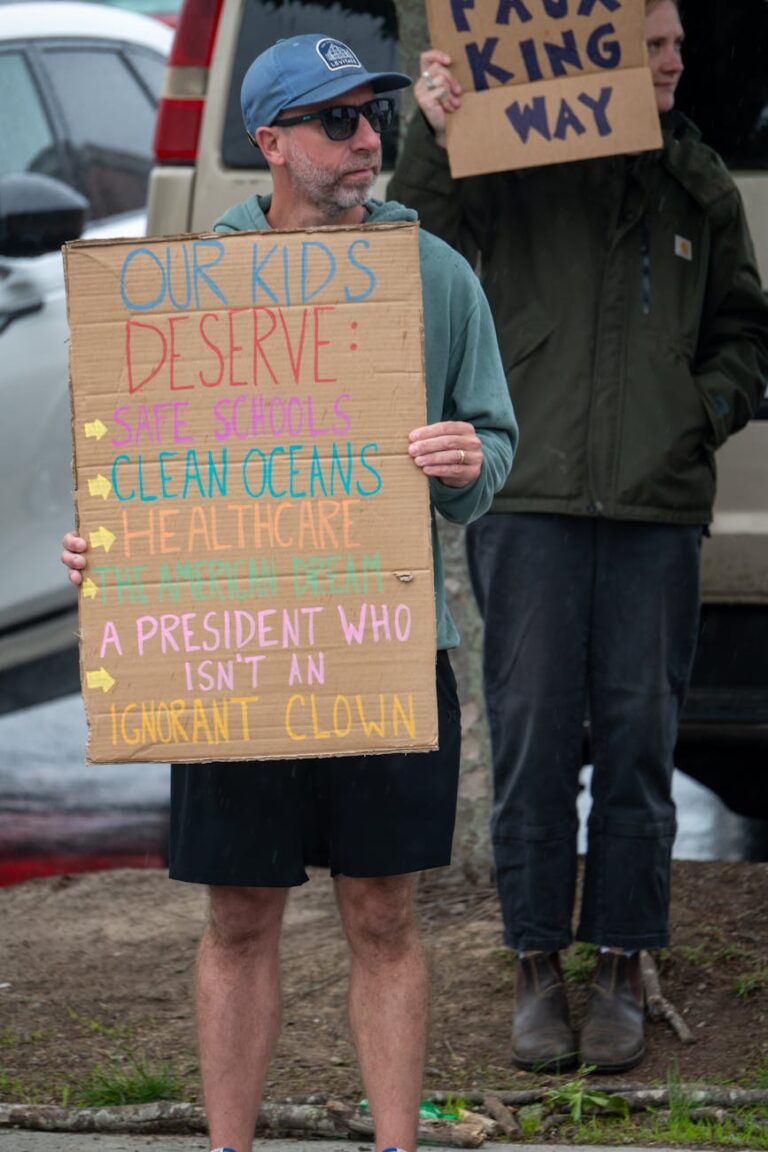- FBI Agents Fired After Shocking 2020 George Floyd Protest Kneeling
- The Context of the 2020 George Floyd Protests
- FBI Agents Kneeling at the Protest
- Why Were FBI Agents Fired Over Kneeling?
- The Fallout and Broader Implications
- Navigating the Future of Law Enforcement and Social Activism
- Conclusion
FBI Agents Fired After Shocking 2020 George Floyd Protest Kneeling
The 2020 George Floyd protests ignited a nationwide movement demanding justice and systemic change. Amid this tumultuous backdrop, a surprising incident involving FBI agents kneeling during the demonstrations captured widespread attention—and later controversy. The shocking event led to some agents being fired, highlighting the complex challenges law enforcement agencies face balancing personal expression, public perception, and professional conduct.
The Context of the 2020 George Floyd Protests
The death of George Floyd on May 25, 2020, in Minneapolis set off one of the largest waves of protests in American history. Demonstrations against racial injustice, police brutality, and systemic inequality erupted across the U.S. and around the world. Public officials, celebrities, and community leaders showed support, while law enforcement agencies were thrust into the spotlight, often caught between upholding public safety and responding to calls for reform.
Kneeling became a powerful symbol in the protests—originally popularized by NFL player Colin Kaepernick as a silent protest against racial injustice. During the George Floyd demonstrations, millions, including police officers and government officials, took a knee in solidarity with the movement.
FBI Agents Kneeling at the Protest
In the midst of the protests, several FBI agents were recorded kneeling alongside demonstrators. This action ignited a firestorm of reactions from law enforcement circles and the public alike. For many, the gesture represented empathy and acknowledgment of the racial injustices that triggered the protests. For others, particularly within law enforcement, kneeling was viewed as unprofessional or politicized behavior unbecoming of federal agents tasked with impartial law enforcement.
The kneeling incident was both lauded as a sign of solidarity and condemned as a breach of protocol depending on who observed it. On the surface, such a gesture seemed to unify law enforcement with the communities they served. However, the internal dynamics of the FBI and other federal agencies made the situation far more complicated.
Why Were FBI Agents Fired Over Kneeling?
In the months following the protests, investigations into the conduct of the kneeling FBI agents revealed several issues that led to disciplinary actions, including terminations. The key reasons cited included:
– Violation of Bureau Policy: The FBI enforces strict guidelines about political neutrality and professional conduct, especially during public events. Kneeling was interpreted by some supervisors as an endorsement of a political movement, which is prohibited.
– Undermining Public Trust: Law enforcement agencies rely heavily on maintaining an image of impartiality. When agents appear to take sides in politically charged issues, it risks damaging the bureau’s reputation among certain constituencies.
– Concerns About Operational Security: Public displays like kneeling sometimes made agents vulnerable or identifiable, raising concerns about safety and interference with mission objectives.
These factors combined led to the decision to fire a small number of agents involved, sparking further debate about the limits of personal expression within federal law enforcement.
The Fallout and Broader Implications
The termination of FBI agents over the kneeling incident prompted polarized reactions. Supporters of the firings argued that federal agents must remain neutral and refrain from actions that could compromise their authority or effectiveness. Critics viewed the punishments as an overreach that stifled meaningful dialogue within law enforcement about racial injustice and reform.
The controversy shines a light on broader conversations about how law enforcement agencies respond to social movements. The events call into question how agencies can simultaneously support reforms and maintain operational integrity. It also underscores the struggle many officers face reconciling personal beliefs with professional responsibilities.
Navigating the Future of Law Enforcement and Social Activism
The firing of FBI agents over a symbolic act during the George Floyd protests serves as a case study for law enforcement nationwide. Going forward, agencies may need to reevaluate policies regarding political expression and public engagement to better align with societal expectations while safeguarding neutrality.
Possible approaches include:
– Clearer Guidelines: Establishing explicit policies about permissible forms of expression within the ranks that respect both individual rights and professional standards.
– Ongoing Training: Implementing training programs that foster cultural competence and empathy without compromising enforcement duties.
– Encouraging Internal Dialogue: Creating forums where agents can openly discuss social issues and their impacts on policing.
Balancing accountability, transparency, and community trust with enforcement mandates will be essential for law enforcement’s continued legitimacy in a polarized environment.
Conclusion
The incident involving FBI agents kneeling during the 2020 George Floyd protests and their subsequent firing illustrates the complicated intersection of law enforcement, social justice, and personal expression. While the gesture was intended as a show of solidarity with a critical movement, the repercussions highlighted the challenges federal agents face in navigating politically charged landscapes. These events will likely continue to influence how agencies manage both internal conduct and community relationships in the years to come.






